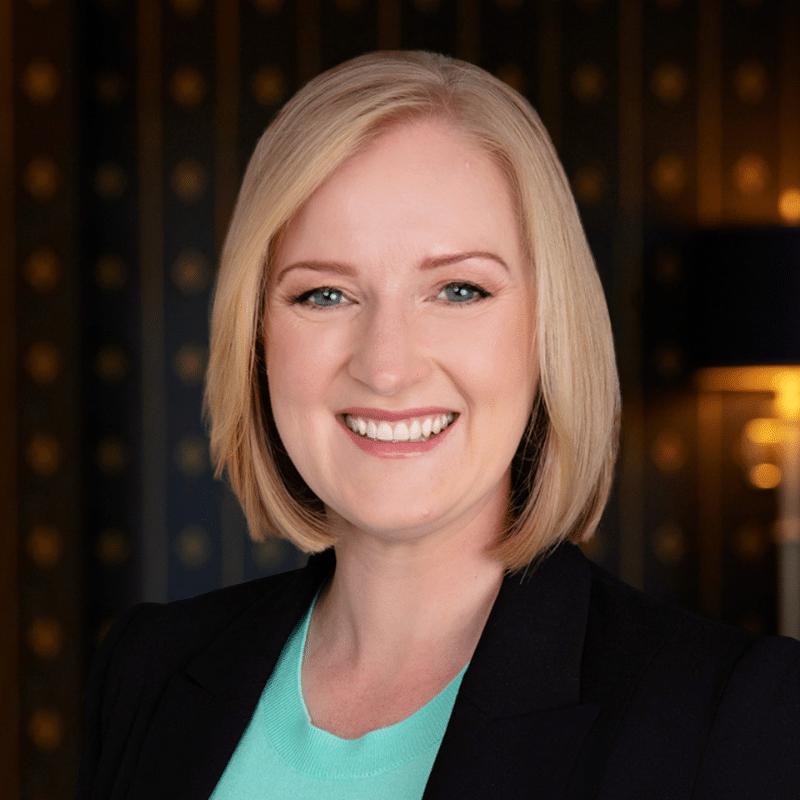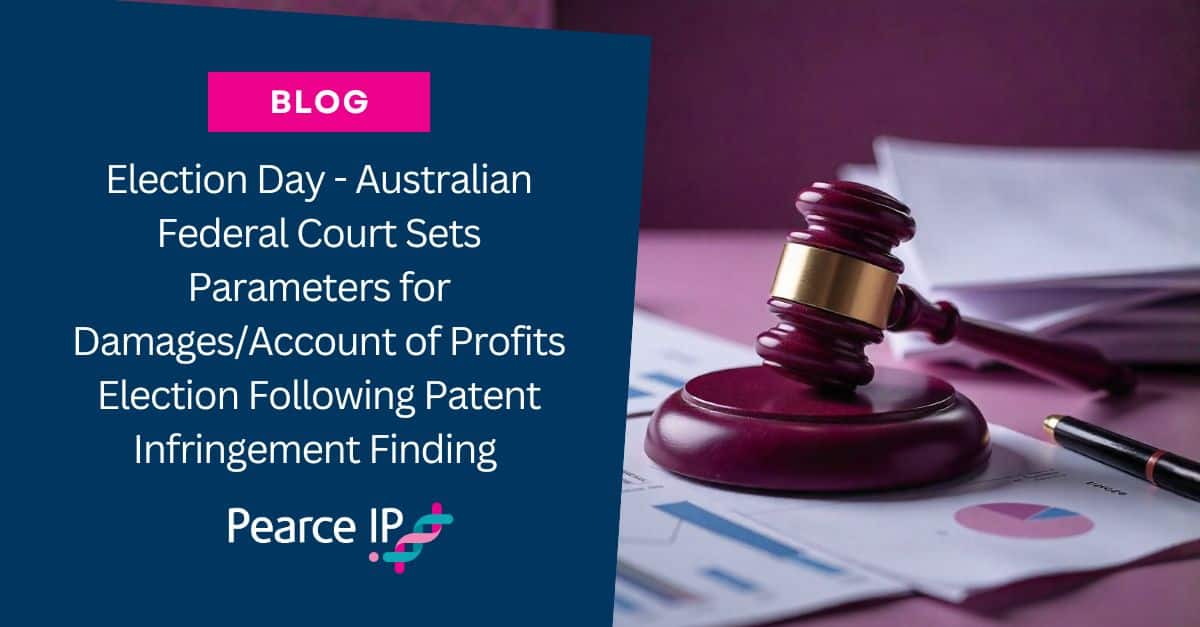| Date of decision: | 4 September 2025 |
| Body: | Federal Court of Australia |
| Adjudicator: | Burley J |
Highlight
The Australian Federal Court addressed when a successful applicant in patent infringement proceedings must make an election between damages and an account of profits. The answer is: promptly, once they are in a sufficiently informed position to make a meaningful decision.
Background
This costs decision arises from proceedings commenced in early 2019 and heard by Justice Besanko across March and April 2021. As we reported at the time, Justice Besanko found that Vehicle Monitoring Systems Pty Ltd (VMS) had succeeded in its patent infringement claim against SARB Management Group Pty Ltd (SARB). SARB appealed that decision to the Full Court and, on 9 February 2024 the Full Court allowed the appeal in part. Justice Besanko since retired and Justice Burley was allocated the matter to determine pecuniary relief.
Key Issues and Consideration
The key issue in this decision was the timing of VMS’ election between damages and account of profits following its success in establishing SARB’s patent infringement. SARB argued that, in the course of the proceedings since the Full Court’s decision in February 2024, VMS had received evidence containing sufficient information for VMS to make the election between damages and account of profits.
Because VMS received that evidence more than 7 months earlier, SARB pressed that the Court should direct VMS to make an election between damages and an account of profits without further information. VMS submitted that it was not able to make an informed decision based on the evidence provided because the profit information was opaque. VMS considered that further information was required to avoid speculation on whether damages would exceed an account of profits.
Justice Burley summarised the evidence and information provided to VMS in respect of profits made by the second respondent (City of Melbourne) through its use of the infringing parking technology. Burley J observed that the evidence provided by the City of Melbourne was that there was no effective profit made from the use of the infringing parking technology.
His Honour noted that the Patents Act 1990 (Cth) does not specify any time limit within which the election must be made, and the importance[1] of striking a balance between “fullness of knowledge” and “efficient conduct of the case” (see [22]). Referring to Campbell J’s comments in Artistic Builders Pty Ltd v Elliott & Tuthill (Mortgages) Pty Ltd & Ors [2002] NSWSC 16 at [161], Justice Burley noted that the timing of the election depends upon when the plaintiff has enough information to make an informed choice. This timing will vary case to case making it difficult for the Court to dictate a particular timeframe within which the election must be made.
In the circumstances of this case, Justice Burley considered that the City of Melbourne had provided sufficient information for VMS to form a view on the election. He commented further [at 37]:
Usually, it will be sufficient for the respondents to supply an affidavit setting out the numbers of infringing devices made and sold, the amount received and an estimate of the costs, explaining the basis of the estimates.
Since the City of Melbourne had previously provided that information, and VMS had not then criticised or challenged the evidence as insufficient nor sought any additional discovery in the intervening period, VMS was directed to make its election between damages and account of profits within 21 days.
Outcome and Implications
While there is no statutory timeframe for making the election between damages and account of profits, a successful plaintiff must make the election once it has received sufficient information from the respondent(s) to make an informed choice. If the respondents have provided evidence setting out information and the applicant believes that the information provided is insufficient, the applicant must promptly challenge the evidence and/or seek additional discovery.
[1] Australian Mud Company Pty Ltd v Globaltech Corporation Pty Ltd (No 3) [2022] FCA 596, following LED Builders v Eagle Homes Pty Ltd (No. 3) [1996] FCA 972
About Pearce IP
Pearce IP is a specialist, life-sciences focussed, intellectual property/law firm offering lawyers and attorneys in Australia and New Zealand.
In 2025, Pearce IP was honoured by Australasian Lawyer and New Zealand Lawyer as a Top Specialist Firm, 5 Star Employer of Choice, and the “Standout Winner” for Inclusion and Culture (<100 employees). Pearce IP and its leaders are ranked in every notable legal directory including: Chambers & Partners, Legal 500, IAM Patent 1000, IAM Strategy 300, MIP IP Stars, Doyles Guide, WTR 1000, Best Lawyers, WIPR Leaders, Best Law Firms, among others.
Pearce IP is the only leading IP firm in Australia and New Zealand with a female founder, and is certified by WEConnect International as women owned.

Kimberley Evans
Executive, Lawyer (AU) & Trade Mark Attorney (AU), (Head of Trade Marks)
Kim is a lawyer and registered Trans-Tasman trade mark attorney with a wide-ranging and impressive practice background spanning private practice, in-house experience and academic activities. Kim’s clients appreciate her responsiveness, and her ability to provide clear and pragmatic branding advice that is tailored to their commercial objectives and informed by industry developments.

Helen Macpherson
Executive, Lawyer (Head of Litigation –Australia)
Helen is a highly regarded intellectual property specialist and industry leader with more than 25 years’ experience advising on patents, plant breeder’s rights, trade marks, copyright and confidential information. She is known for her expertise in complex, high-value patent matters and leverages her technical background in biochemistry and molecular biology to work across a wide range of technologies, including inorganic, organic, physical and process chemistry, biochemistry, biotechnology (including genetics, molecular biology and virology), and physics. Helen is an active member of the Intellectual Property Committee of the Law Council of Australia and the Intellectual Property Society of Australia and New Zealand.

